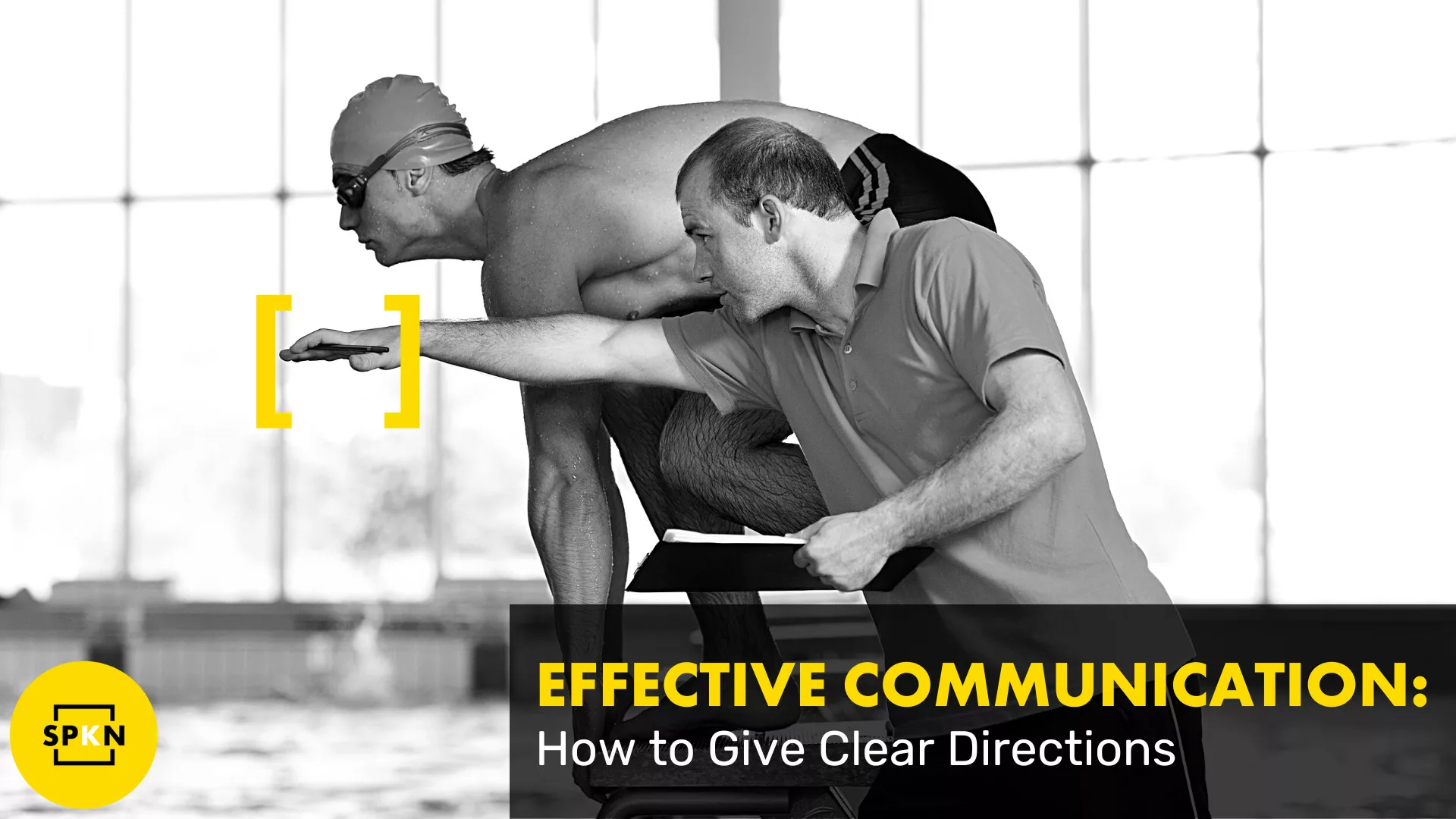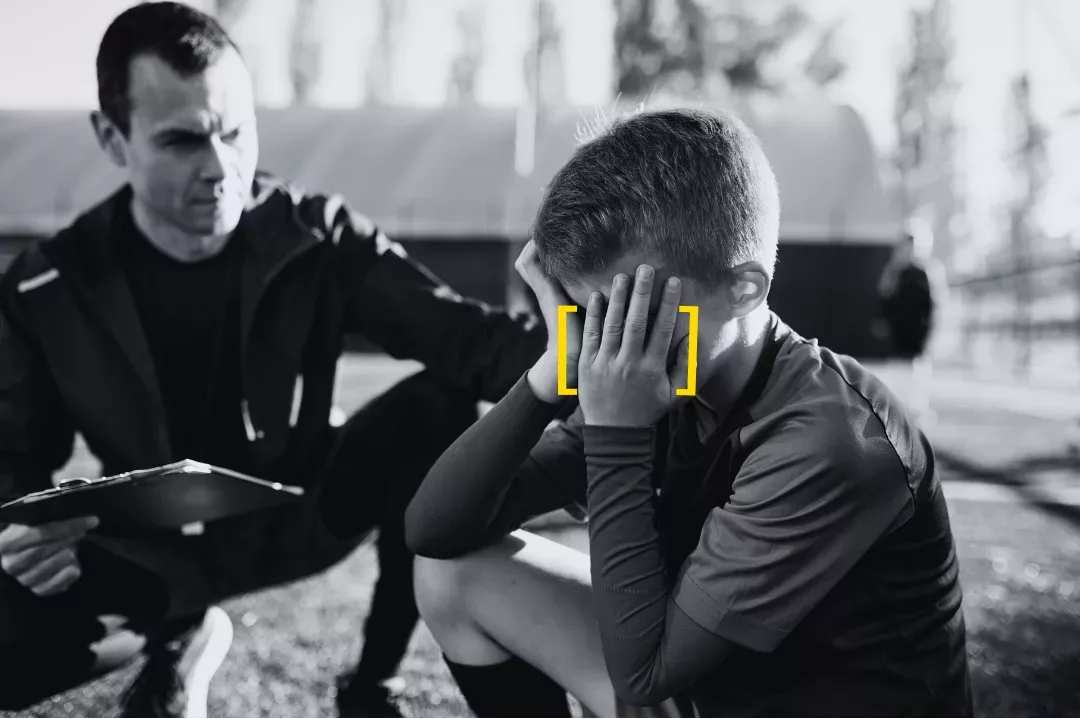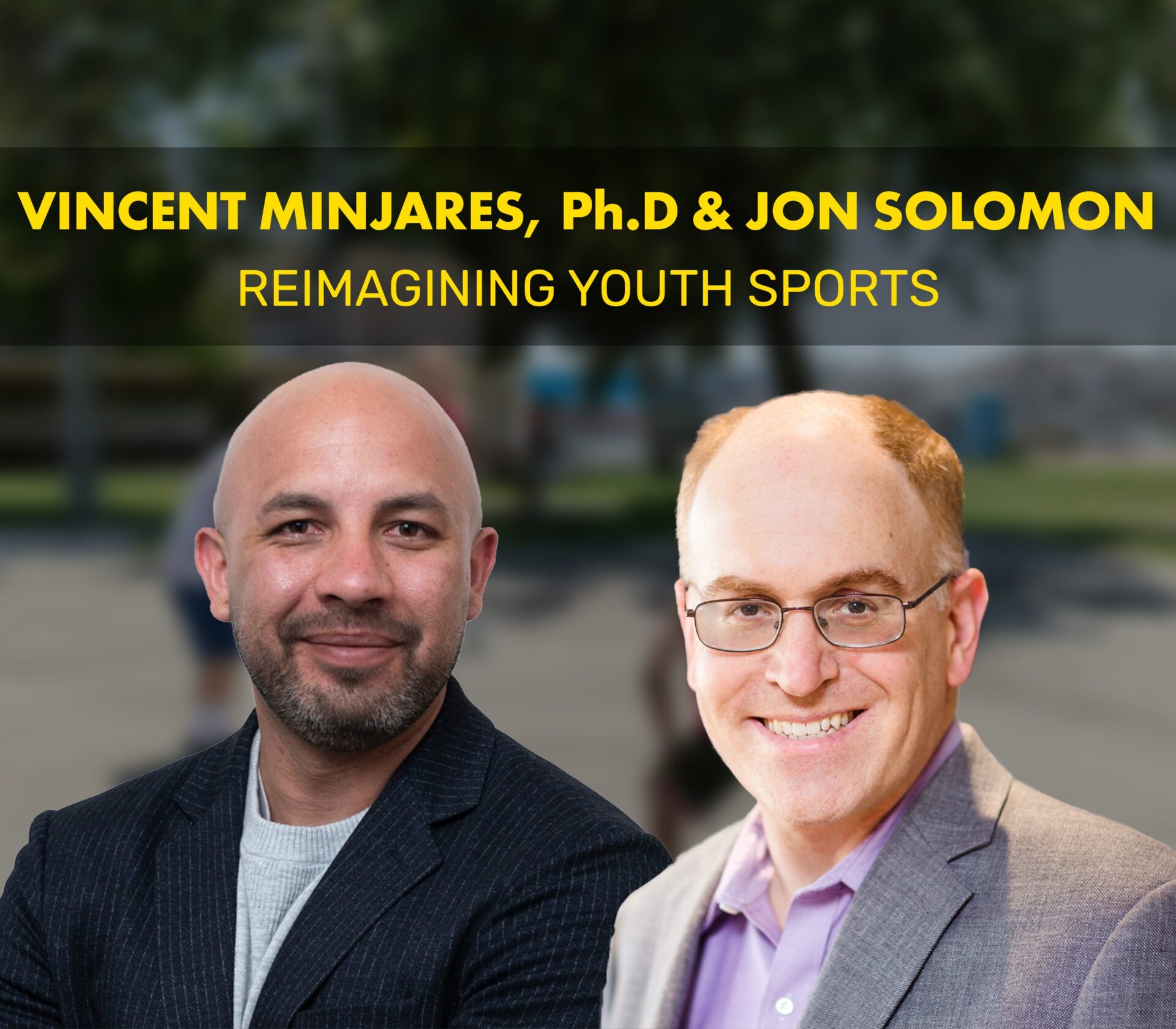We all talk a good game when pointing out the pivotal role sport leaders play in shaping the WHOLE athlete; however, ineffective coaching can lead to detrimental outcomes, affecting athletes’ performance, motivation, and overall well-being. This article delves into the effects of poor coaching, drawing from research studies and practical insights. It also provides recommendations on how we as coaches can move away from “old school” coaching habits that lack merit and perhaps no longer reach the digital native athletes that now inhabit our fields and courts.
The Detrimental Effects of Poor Coaching
➡️ Inadequate Instruction and Lack of Knowledge
Poor coaching often manifests in inadequate instruction and lack of knowledge. Coaches are expected to be experts in their sport, understanding the technical, tactical, and mental aspects necessary for optimal performance. However, when coaches lack this expertise or fail to provide useful and substantial instruction, athletes’ learning and performance suffer. This failure to teach effectively is often tied to coaches’ inability to understand their athletes’ unique needs and adapt their teaching styles accordingly. What makes your athlete(s) tick?
➡️ Inhibiting Athletes Mental Skills
Another significant effect of poor coaching is inhibiting athletes’ mental skills. Coaches play a critical role in fostering an athlete’s self-confidence, motivation, and focus. However, poor coaching practice can distract athletes, engender self-doubt, and demotivate them, leading to underachievement. A lack of the right tools can lead to coaching behavior that becomes an obstacle rather than a facilitator of success, causing tentative play and fear of the consequences of making mistakes.
➡️ Creating Division within the Team
Ill-prepared coaches can also unknowingly create divisions within the team. Coaches who foster competition among teammates rather than promoting a cohesive, supportive environment can cause conflict and resentment among athletes. This division hinders team performance and can lead to decreased motivation and higher rates of athlete dropout.
➡️ Undermining Athletes’ Self-Efficacy and Motivation
Research has shown that self-efficacy — an individual’s belief in their ability to accomplish tasks and goals — is a critical determinant of success in sports. Poor coaching can undermine athletes’ self-efficacy and motivation. When coaches provide negative feedback, show favoritism, or fail to offer support, athletes tend to doubt their abilities and lose motivation, leading to less-than-optimal performance.
➡️ Ignoring Individual Differences and Needs
Perhaps one of the most damaging aspects of poor coaching is the failure to acknowledge individual differences and needs. Athletes are not a monolithic group; they have unique strengths, weaknesses, learning styles, and motivational drives. Coaches who adopt a one-size-fits-all approach to coaching, failing to individualize their instruction and motivational strategies, can hinder athletes’ development and performance. What can make one athlete, can complete break another.
Overcoming Old School Coaching Habits
In light of the detrimental effects of poor coaching, it’s crucial for sport leaders to abandon “old school” coaching habits that are no longer useful and could, in fact, be harmful. Here are five tools sport leaders should consider:
➡️ Embrace a Growth Mindset
Adopting a growth mindset is crucial. Sport leaders must view athletes’ abilities and talents as malleable rather than fixed. This perspective encourages continual learning and improvement, fostering a positive and supportive environment where athletes feel motivated to push their limits.
➡️ Foster Positive Coach-Athlete Relationships
Building strong, positive relationships with athletes is crucial. Sport leaders should strive to understand their athletes’ unique needs, goals, and challenges and provide individualized support and guidance. This approach not only enhances athletes’ motivation and performance but also fosters trust and respect.
➡️ Prioritize Communication
Effective communication is a cornerstone of elevated sport leadership. Coaches should clearly convey their expectations, provide constructive feedback, and encourage open dialogue with athletes. Regularly checking in with athletes and soliciting their feedback can also help sport leaders adjust their strategies to meet athletes’ needs better.
➡️ Promote Team Cohesion
Sport leaders should focus on creating a sense of unity and camaraderie within the team. This can be achieved by promoting cooperation, mutual respect, and shared goals among team members. Team-building activities can also help strengthen relationships and nurture a positive team culture.
➡️ Stay Updated with Research and Best Practices
Finally, sport leaders should strive to stay up-to-date with the latest research and best practices in sport coaching. This includes understanding the psychological aspects of sport performance, adopting evidence-based coaching strategies, and continually seeking professional development opportunities that provide new tools and insight. Too often, highly marketed programs are full of old techniques that teach surface-level content that is not rich in useful.
Poor sport leadership can have detrimental effects on athletes’ performance, motivation, mental skills, team cohesion, and self-efficacy. However, by adopting a growth mindset, fostering positive coach-athlete relationships, prioritizing effective communication, promoting team cohesion, and staying updated with the latest research and best practices, coaches can overcome “old school” coaching habits and create a positive and productive sporting environment.
To delve deeper into this topic and others, visit www.SPKNmedia.org. Check out our video library, read other articles, and subscribe to the SPKN Knowledge Nugget for more insights.
Always keep learning, growing, & pushing the boundaries of what is possible. Stay Curious and Inspired!
➡️ For more insights on this and other topics, visit our website www.SPKNmedia.org. Don’t miss future issues of the SPKN Knowledge Nugget – SUBSCRIBE TODAY. ????
Resources
- Gearity, B. T. (2011). Athletes’ experiences of the psychological effects of poor coaching. Psychology of Sport and Exercise 12, 213-221.
- Gearity, B. T. (2012). Poor teaching by the coach: a phenomenological description from athletes’ experience of poor coaching. Physical Education and Sport Pedagogy 17, 79-96.
- Chelladurai, P. (1990). Leadership in sports: a review. International Journal of Sport Psychology 21, 328-354.
- Bandura, A. (2000). Self-efficacy: The foundation of agency. Control of Human Behavior, Mental Processes, and Consciousness: Essays in Honor of the 60th Birthday of August Flammer, 17-33.
Meg Wilson is a coach and performance consultant passionate about efficient and effective athlete development through the elevation of sport leadership. Drawing from academic research and practical insights, she strives to empower coaches and athletes through knowledge, promoting continuous learning and holistic life skill development.




